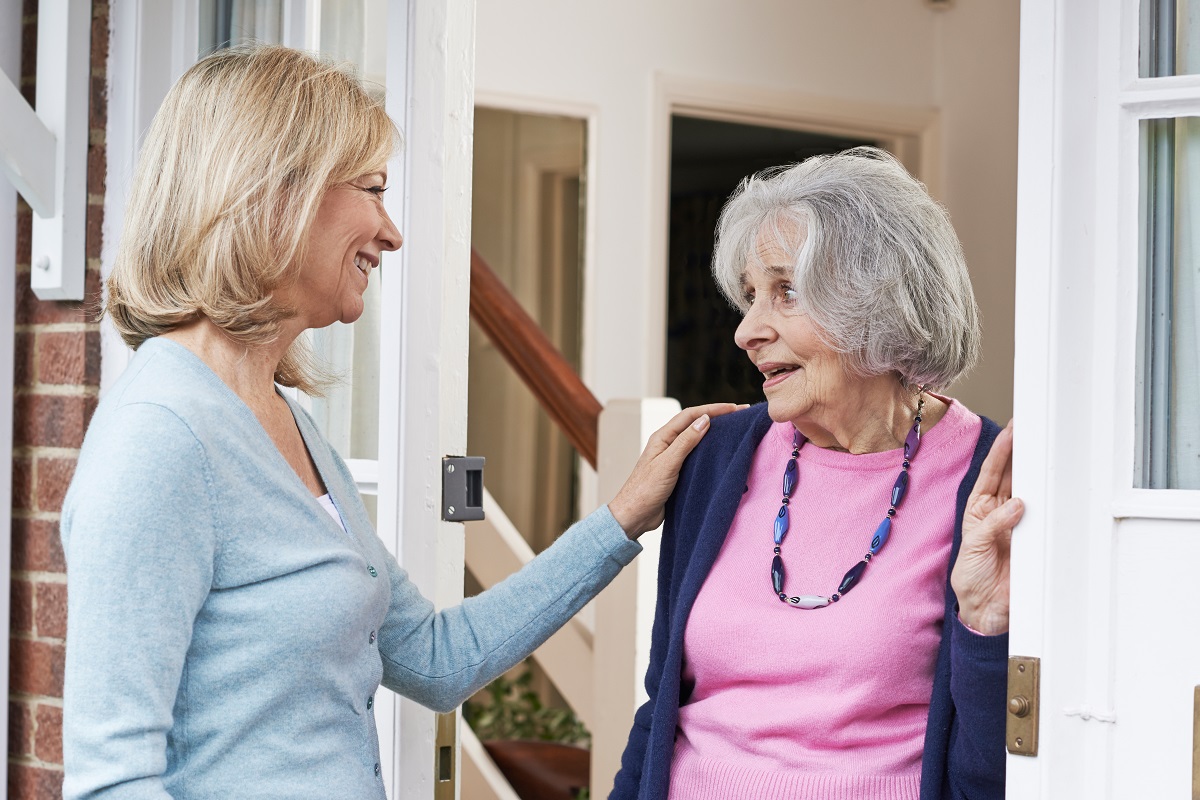A well-being check or welfare check is conducted by the police or other professionals to ensure that an elderly person is in good health. An adult child, neighbor, or care provider may request this if the person has not been seen and there are concerns for his health or mental state. The term may also refer to an annual physical.
If your elderly neighbor suddenly drops out of sight, you may wonder if they are okay. You might try calling them or dropping by. If there is no answer, you can request a wellness check from your local police department.
Just call 911 or the non-emergency phone number of your local police department and ask for a wellness check. Dispatch will send a police officer to check in.
What Is A Police Welfare Check?
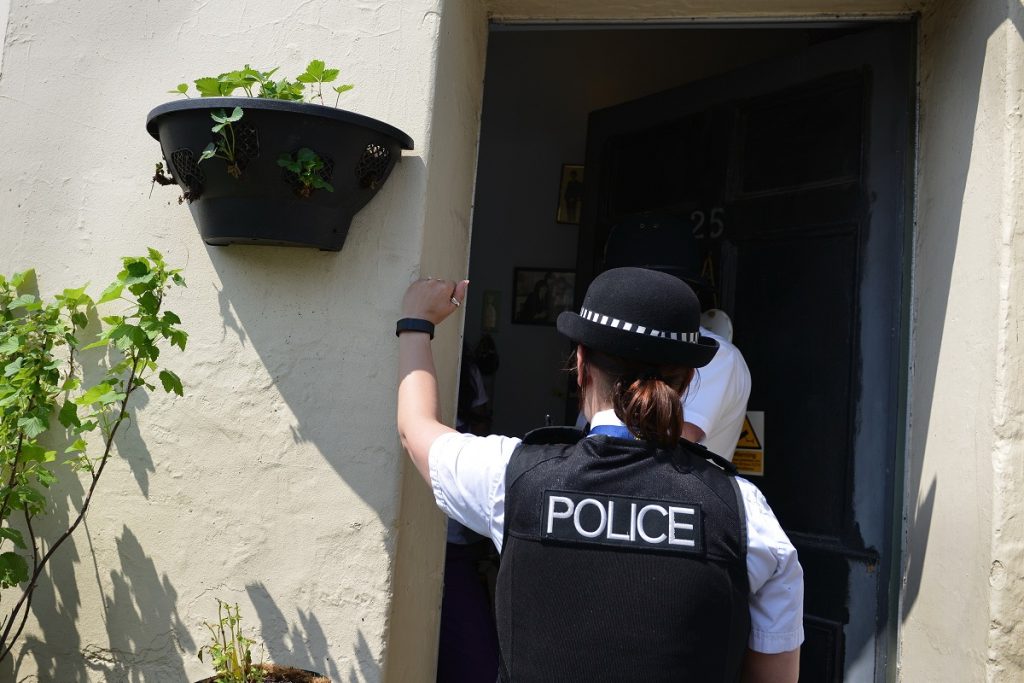
Also known as a welfare check, a well-being check is typically done by law enforcement officers when someone is worried about the individual’s status. The local police will check out any type of concern, whether the reporting individual has seen something suspicious or just has not heard from or seen the person in a while.
Who Performs Well-Being Checks?
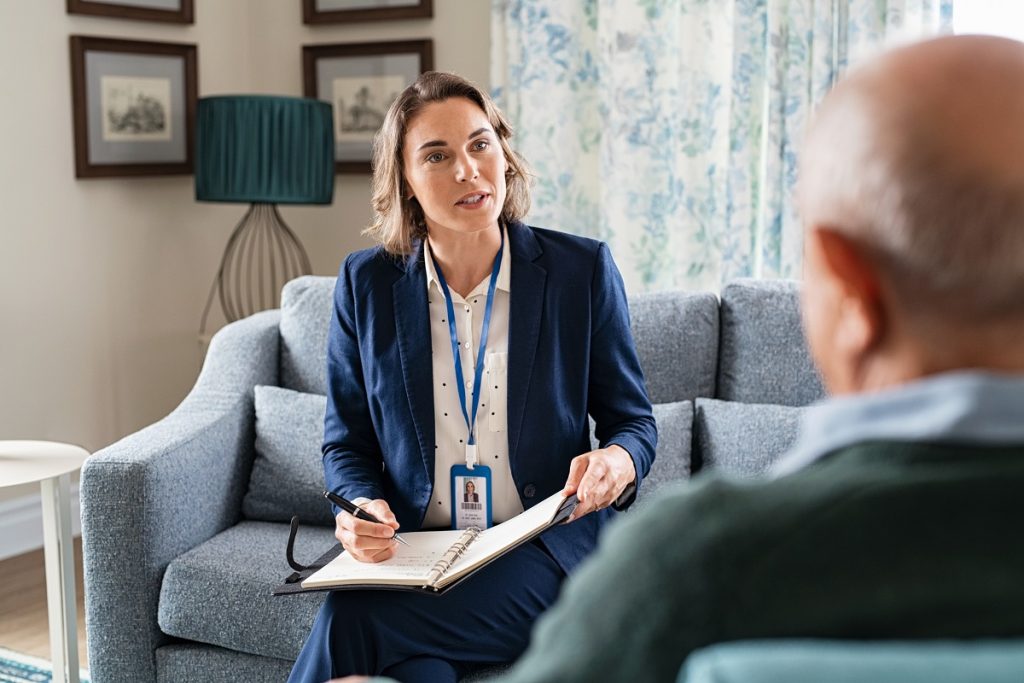
Police officers typically do welfare checks. Although, if there is a history of mental illness or other mental health concerns and the individual is working with social services, sometimes a social worker performs this task.
What Is The Purpose Of A Police Wellness Check?
The purpose of a police wellness check is to follow up on a contact by a concerned friend, family member, or neighbor. When someone has concerns another person might be in danger, they can initiate the process of a welfare or wellness check.
They can request a check for people of any age and for a multitude of reasons. The concern can be for physical health, mental health, abuse, or even that the person has been a victim of criminal activity.
The police department will send officers to check in on the person or people.
What Are The Methods For Doing Wellness Checks?
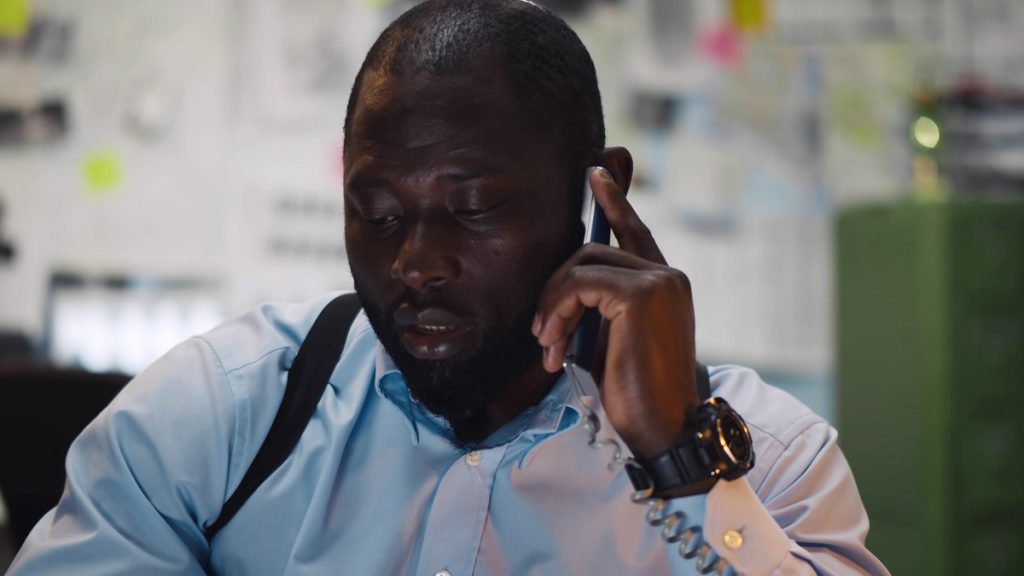
It is never a bad idea to try to get a key from a family member who you know lives alone. That way, you could check in on them without difficulty if you ever don’t get a response from them. If you have no way to get into the house of a loved one you cannot contact, you might need to seek police help.
If your loved one works with social workers, any type of in-home care provider, or anyone of that nature, your first step could be to contact that service to see if someone has seen or heard from your loved one. It is possible that you are just calling or texting at the wrong time.
If your initial attempts to find out about the person fail, you should contact law enforcement to express your concerns and starts the process of getting a wellness check.
What Justifies A Welfare Check?
Anytime you see things out of the ordinary, you may consider a wellness check. Does your neighbor or family member normally answer the phone at certain times, but hasn’t the past couple of days? That is a good indication that they might need help.
Or perhaps your mom never misses church and has not been going. Maybe dad is usually seen around the neighborhood puttering in his garden but has not been doing so despite the beautiful weather.
You may not even know the person. Mail or newspaper carriers might call to request a wellness check if mail or papers are suddenly piling up and the individual is not known to take trips without stopping service. The point is, if your gut says something is off, it might be.
What Happens If Someone Doesn’t Answer The Door For A Wellness Check?
When someone asks law enforcement to do a welfare check and the person does not answer the door, the officers circle the house to determine if it looks like any type of illegal activity or entrance to the home has occurred. They will also try to ascertain if there are any unlocked or open doors or windows, as their goal is to enter the house to check up on the resident without damage to the home.
Of course, if they cannot get ahold of anyone in the home and knocks to the door go unanswered, the officers will break into the house to ensure everything is okay.
A wellness check is not a license for police to enter random homes. However, so long as a police officer has reasonable grounds to break in, they can do so without a warrant under the Community Caretaking Doctrine, which takes priority over the warrant requirement of the Fourth Amendment.
What Does It Mean To Do A Wellness Check On Someone?
Welfare checks make sense as many elderly people live alone. Unless elderly people have caregivers coming and going, or family who lives close by and does a daily check-in, not hearing from the person, might mean a problem.
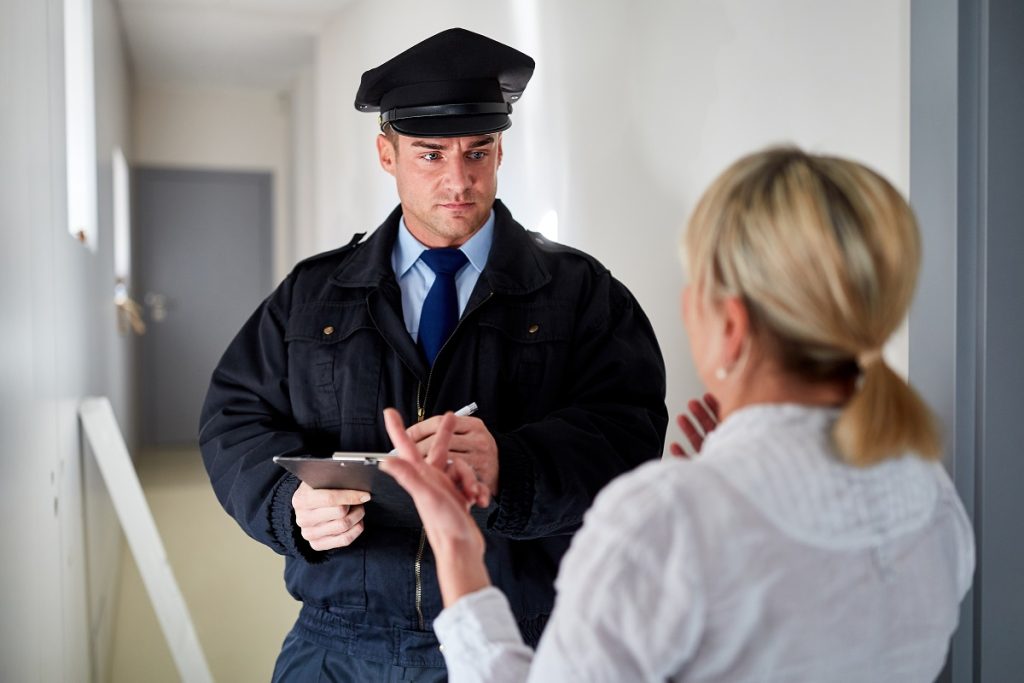
Wellness checks can be for physical well-being, or the person could have mental health issues. Neighbors might even be worried that they think something criminal has happened, and the wellness check could launch a criminal investigation. Whatever your cause for concern, if things don’t look right, you should ask for help.
Why Is Annual Physical An Important Well-Being Check For Seniors?
Having an annual physical is a great way for family members to ensure their loved one is in good health and receiving the care they need. If you have concerns about the overall physical or mental health of a family member, friend or neighbor, ask them if they are doing yearly physicals. Health professionals ask questions to screen the type of situation vulnerable people, such as the elderly, are living in.
Questions about feeling safe in their living situation, food insecurity, etc., can help a doctor or nurse gather information and make referrals for support services that elderly people might benefit from. A yearly exam can help to diagnose health problems when they are in the earlier stages, which can often prevent bigger problems.

